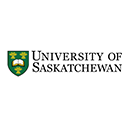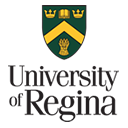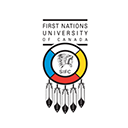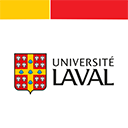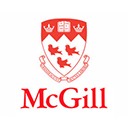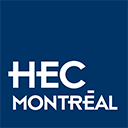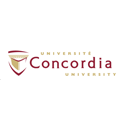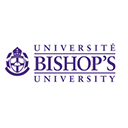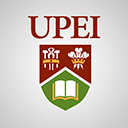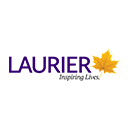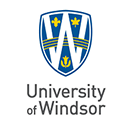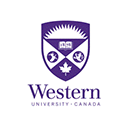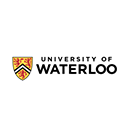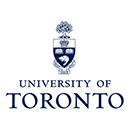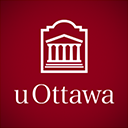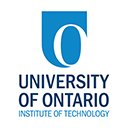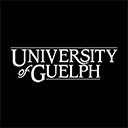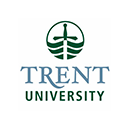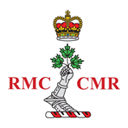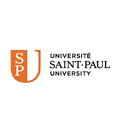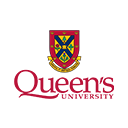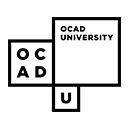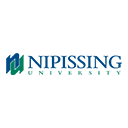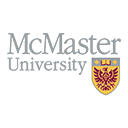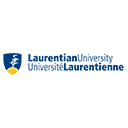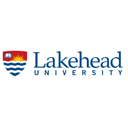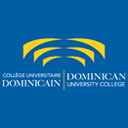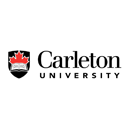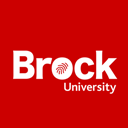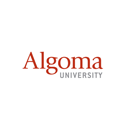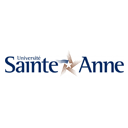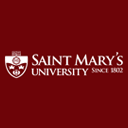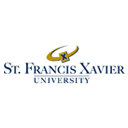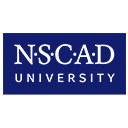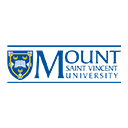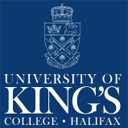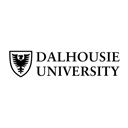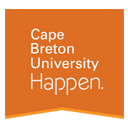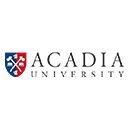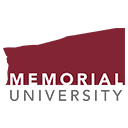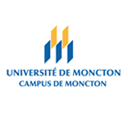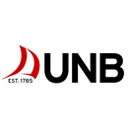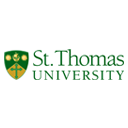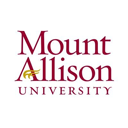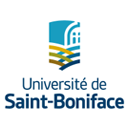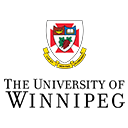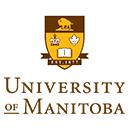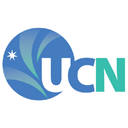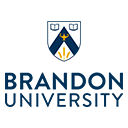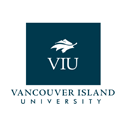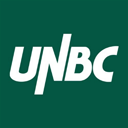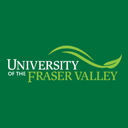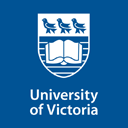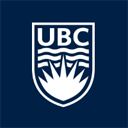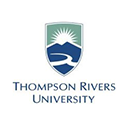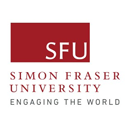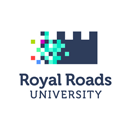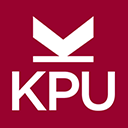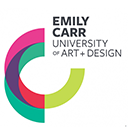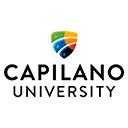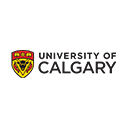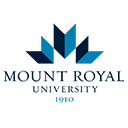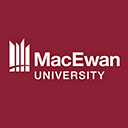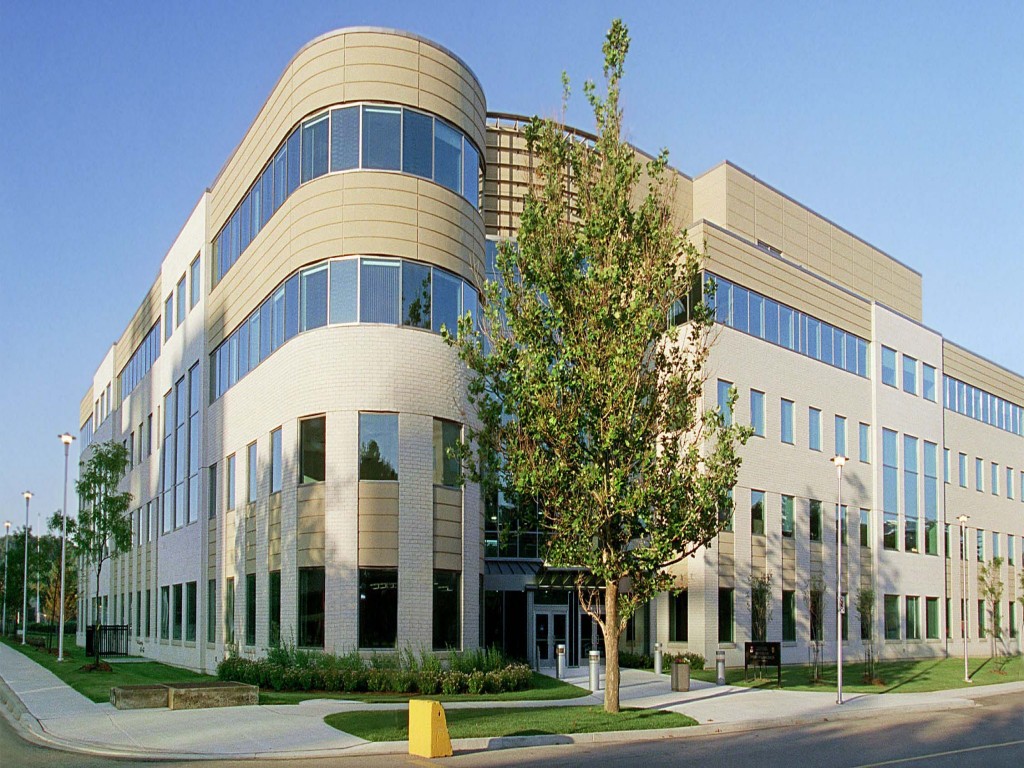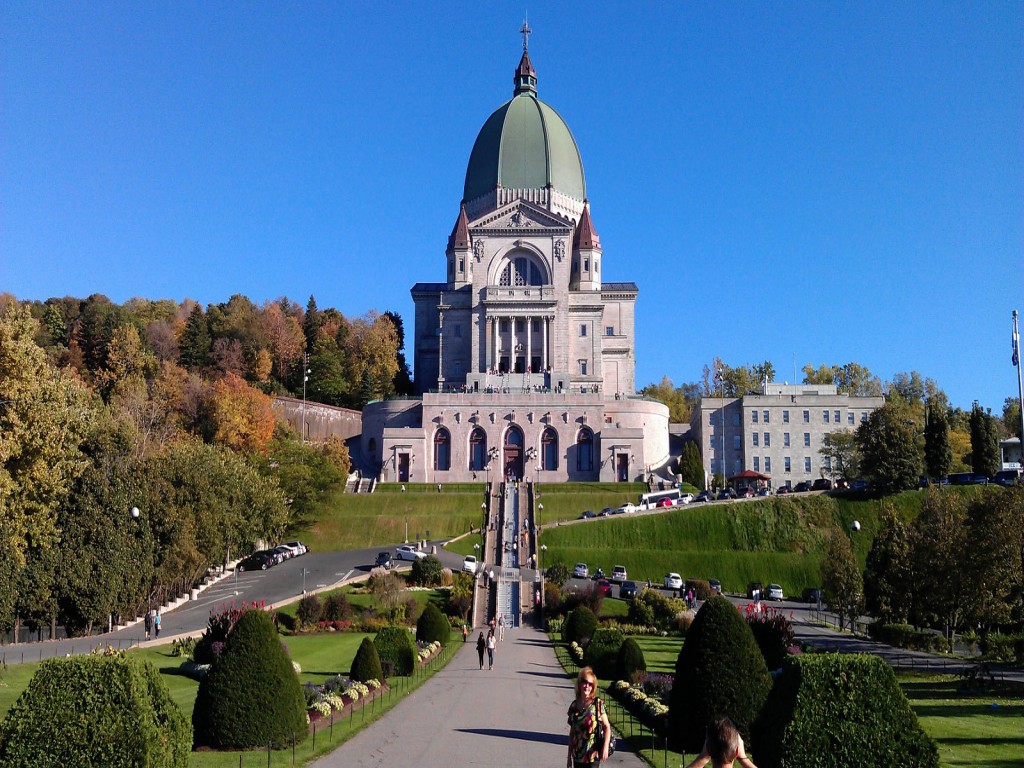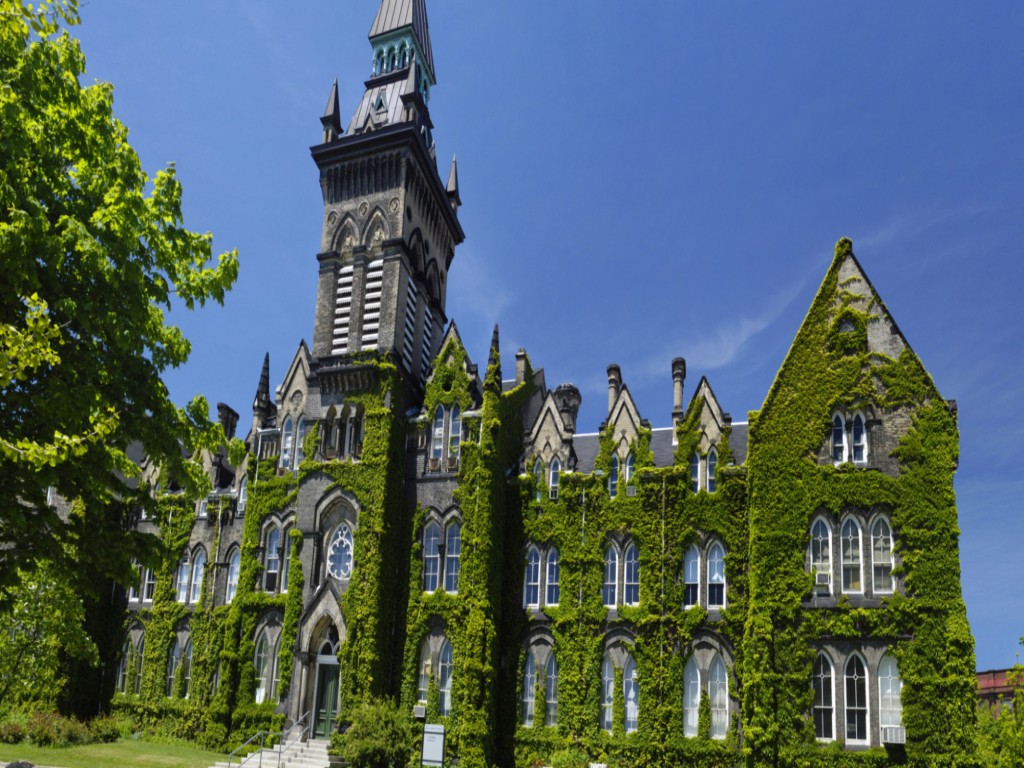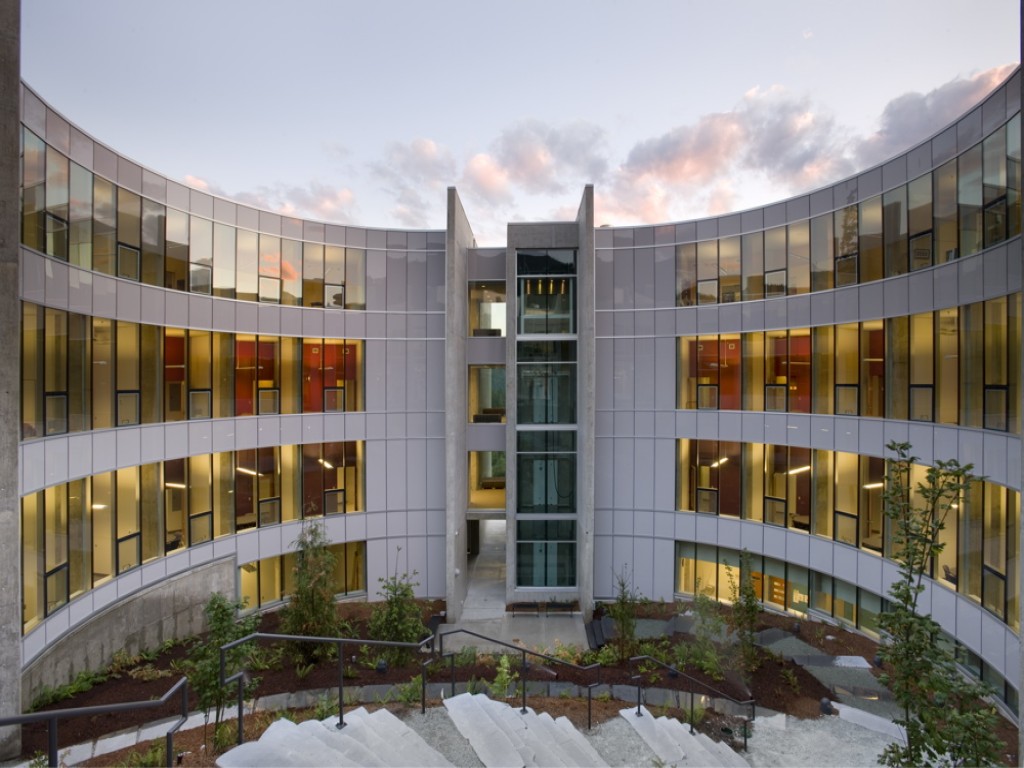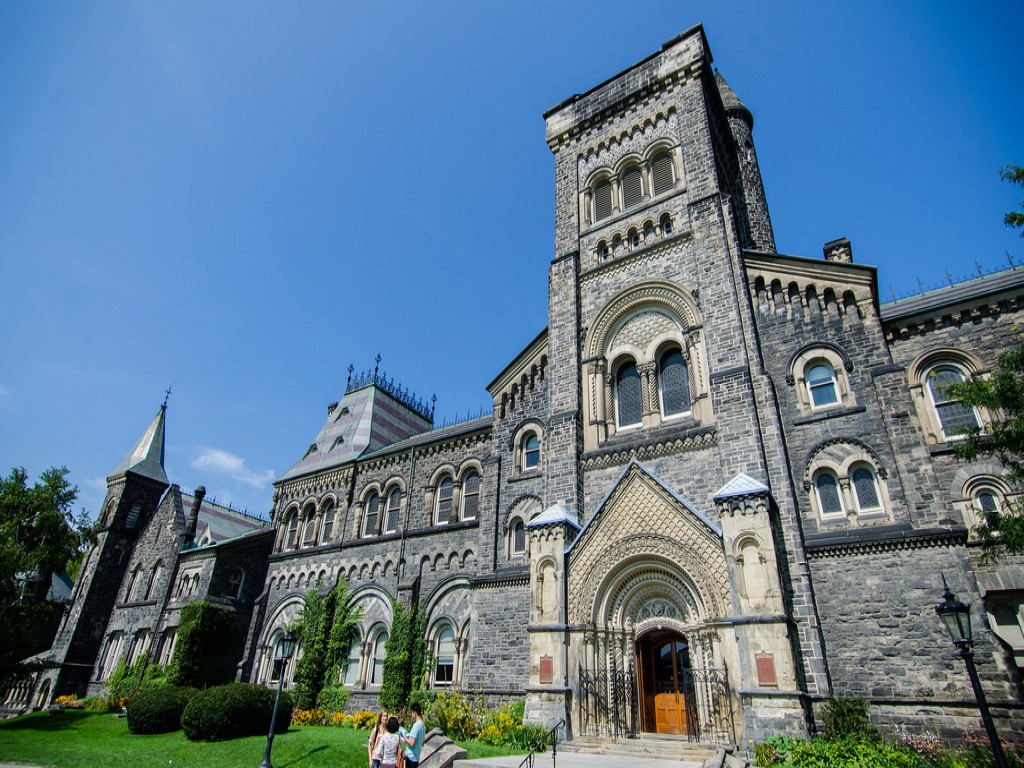Are you looking for an unforgettable experience of a lifetime? Studying in Canada can be an exciting opportunity for you to experience life – and lessons! – beyond your front door. Learn from leading teachers in world-class modern facilities that inspire innovation, progress and forward thinking.
No matter what level of education you pursue, the cost of going to school in Canada is affordable and you’ll earn globally recognized qualifications that will set you on the path to career success. All of our classrooms reflect the diverse, multicultural society that is Canada. Why not experience it for yourself?
Levels of study
-
Elementary and secondary education
-
Language schools
-
The college system
-
Universities
Elementary and secondary education
Canada’s elementary and secondary schools follow a government curriculum and employ government certified teachers, ensuring a high level of quality and a focus on individual student needs. This successful environment is highly acclaimed as school students excel in science, reading, and mathematics: Canadian students have consistently been among the top 5 academic performers in the world and number 1 among English speaking countries according to the OECD PISA studies in reading, mathematics and science. Students may choose from public or private school options.
In addition to the high quality of teaching Canadian schools provide students with a nurturing environment through student services and pedagogical services such as; counselling, academic and professional advisers, community involvement, second language support, special needs learning, tutorial sessions and extracurricular activities.
The facts
-
Elementary schools are grades 1 - 6.
-
Secondary schools are grades 7 - 12 in most provinces, with the exception of Quebec where secondary school runs from grades 7 - 11.
-
The school year runs from September - June.
-
Canadian high school diplomas are recognized by colleges and universities worldwide.
-
English as a Second Language (ESL) or French as a Second Language (FSL) courses are available to support international students.
-
Schools are the responsibility of the ministry or department of education in each province and territory.
-
All schools must register with and meet the curriculum and graduation requirements set by the Ministry of Education for that province/territory.
Public schools
-
Offer co-educational day programs.
-
Homestay programs are available for international students.
-
Tuition and homestay fees may be found on their respective websites or by contacting the school directly.
Private schools
-
Independently funded.
-
Co-educational, or boys only, or girls only.
-
Smaller class sizes and lower teacher-student ratios.
-
Full boarding or homestay programs available for international students.
-
Annual fees for a boarding school education in Canada (including tuition, room and board) depend on the institution.
-
The legal status of private schools varies across Canada as each province or territory is responsible for the regulatory environment of schools in its jurisdiction.
NOTE: Most provinces and territories require private schools to be registered with their ministries of education, and must meet the curriculum and other standards set by their respective ministries; however, they may operate differently.
In Ontario, for example, private schools operate independently without any oversight by the Ministry of Education. However, if a private school wishes to offer credits toward a secondary school graduation diploma they are inspected to determine whether the standard of instruction in credit courses meets ministry requirements.
Language schools
Canada is a bilingual country, a community of immigrants and a world leader in English and French language training. A wide variety of programs will improve your fluency and capacity for further study, personal development or business training.
The facts
-
Private schools and colleges are dedicated to teaching English and French, often exclusively to international students and new immigrants.
-
Specialized language training is also available in subject areas like: business English, academic preparation, industry-specific language training, etc.
-
Tuition fees may be determined by visiting the websites of the schools of interest or contacting the schools directly.
-
Homestays are also a popular option and vary in cost depending on the location. Check with a specific program to determine fees.
The college system
Colleges work very closely with business and industry to ensure that their programs are relevant to the changing workplace and to the needs of employers. Canadian college programs offer diverse options in the technical and professional fields including: business, agriculture and agri-food, health, social services, broadcasting and journalism, hospitality management, design, technology, sciences, information technology, engineering, environment, languages, and arts.
The facts
-
Over 8,000 programs at over 135 publicly funded colleges, institutes, CEGEPs and polytechnics in Canada offer credentials that are approved by provincial and territorial governments.
-
Offers a variety of recognized credentials like certificates, diplomas, university transfer programs, academic and applied degrees, and post-graduate diplomas.
-
Programs vary in length from a few months to 4 years.
-
95% of college graduates are employed and over four-fifths report their studies are directly related to the work they do (National Graduate Survey 2013).
-
Practical programs are designed with potential employers that also offer work placements.
-
Tuition fees depend on the program. Visit Colleges and Institutes Canada for more information.
-
Boarding or homestay and living costs are determined by the institution or organization that runs them. Visit the respective institutions' or organizations' websites for more information.
Universities
Canadian universities prepare graduates with the ability to think critically, to be adaptive to emerging technologies, to become leaders in professional fields and to seek solutions in research. Whether you want to become a teacher, economist, artist or the world’s leading nanotechnologist, Canada’s university system will provide you with the choice that fits your interest. From small liberal arts teaching schools to larger research-intensive universities you can begin your bachelor studies and continue to earn the highest qualification, a PhD. University research makes its mark in Canada and around the world. Did you know that Canadian universities have been incubators for innovation such as the BlackBerry phone, flat-screen technology, SMART boards, and IMAX film?
Highly innovative research takes place in the fields of health, nanotechnology, biotechnology, high-performance computing, environmental technologies, nutraceuticals, and renewable fuels. The university sector is the 2nd largest performer of research in Canada after the private sector. With only 0.5% of the global population, Canada produces 2.8% of global scientific research (Thomson Reuters list of Highly Cited Researchers).
Three levels of degrees
-
Bachelor’s: generally three or four years of undergraduate study
-
Master’s: one or two years of study after the bachelor’s degree, including a thesis, practicum, or research paper or course-based
-
Doctoral: three years of study including a thesis, usually after the master’s degree
The facts
-
There are more than 15,000 undergraduate and graduate degree programs at over 100 public and private not-for-profit universities and university-degree-level colleges.
-
Degrees follow the Bachelor/Master/Doctorate system and are equivalent to those in the U.S. and Commonwealth countries.
-
Vast choice of undergraduate and post-graduate programs, as well as professional designations, certificate and diploma courses, and short career-focused programs.
-
Cutting edge technology and research labs.
-
Opportunities for cooperative education and internships, and international students can often work while they study.
-
Tuition fees depend on the program.
